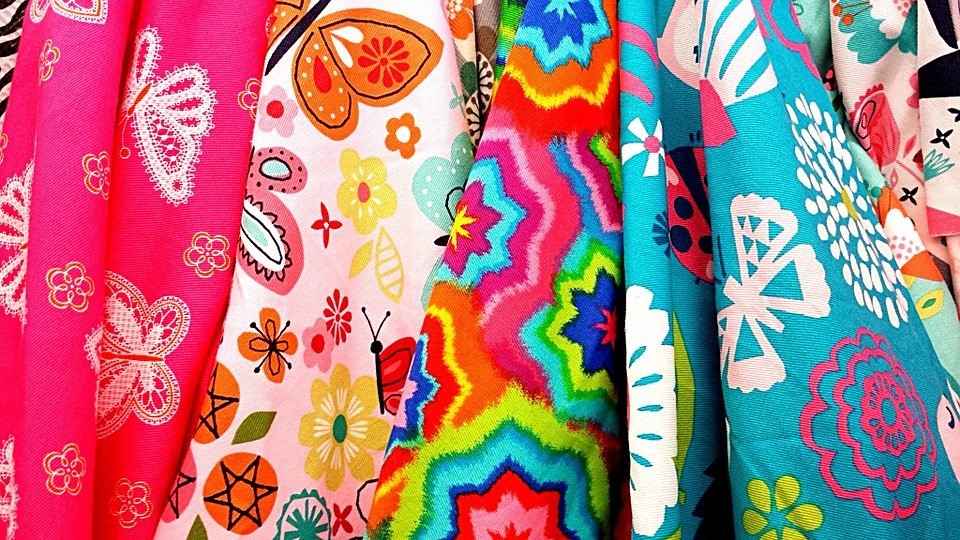It goes without saying that the textile industry is complicated. The truth is that most people don’t ever even think about the life cycle of the clothing that they choose to wear every day, but those clothes do have a complex life span, carbon footprint, and human impact before they even reach your back. Have you actually thought about what went into that suit you got on right now? Have you thought about what happens to that suit when you replace it next season? Probably not, but now is the time to because your clothes are having more of an impact than you’d imagine.
The Life Cycle Of Clothing
The life cycle of every piece of clothing will no doubt be different, but you have to consider that most garments are grown, watered, harvested, mechanically processed, shipped, mechanically processed again, shipped again, dyed, sewn, and shipped some more. Before your clothes ever reach you, they have likely traveled a hundred times around the globe. Okay, maybe not that much, but the impact that they are going to have on the environment will make it seem so. They also come into contact with dozens of laborers and utilized thousands of liters of water just to get to you. Unfortunately, once they are with you, they’ll only be there for a year or two before they are disposed of to the waste dump, where they’ll even have a greater impact on the environment, sitting there rotting.
Sustainable Materials
Luckily, there are things that are being done to combat such conditions. Not only are these new materials combating these issues, but they are combating other common issues that are plaguing the environment today. These sustainable fabrics and textiles are being engineered using state of the art technology that eliminates the need for pesticides while also reducing water waster, harmful dyes, and processing chemicals. These clothing items are also being suing from recycled materials, so they are having less of an impact on the environment when discarded. Sounds pretty amazing, right? What are these materials and what other advantages do they offer?
TENCEL
When it comes to progressive fibers, you won’t find one available today that can stand in the same bracket as TENCEL. LENZING™ EcoVero™ is a viscose fabric manufacturer that creates sustainable fibers from the eucalyptus tree. One of the best and most attractive things about the eucalyptus tree is that it can be grown completely from birth to maturity without the use of any harmful pesticides or chemicals. Eucalyptus trees also only consume a fraction of the space as compared to cotton trees, which means more can be grown in a smaller vicinity.
Hemp
Hemp is a material that’s been getting a lot of recognition for years and probably will for years and years to come. This is because it is not only viable in the fashion industry, but it has many uses in the medical industry as well. However, that is beside the point here. The point here is that it is a plant that is resistant to pests, requires little land to grow, and uses 50 percent less water than cotton. As far as true sustainability goes, it is hard to find much that can compare to the hemp plant.




